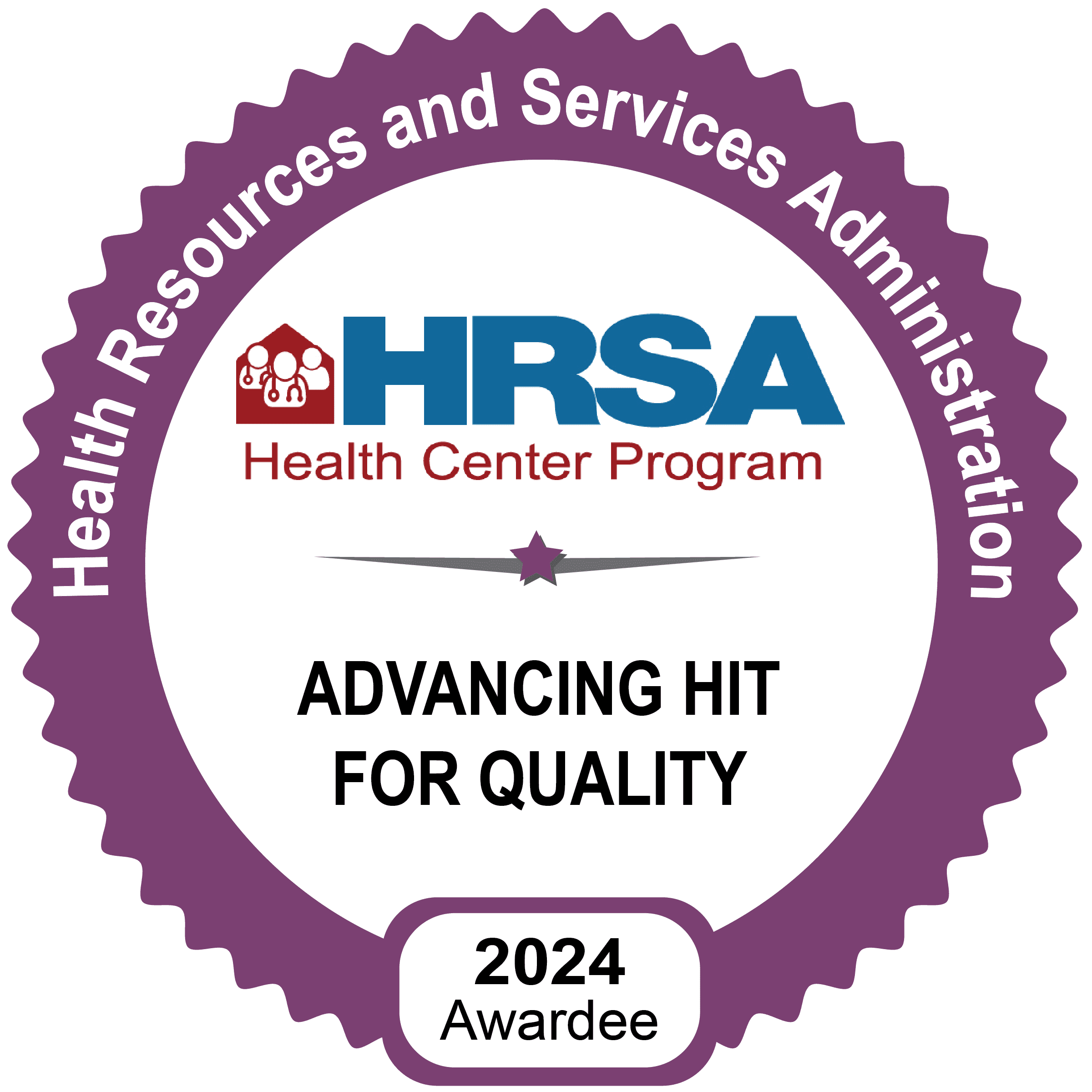St. Francis Way Clinic
St. Francis Way Clinic Outpatient Treatment & Recovery Program
Our substance use treatment and recovery program offers individuals a structured, compassionate path to overcoming substance use and rebuilding their lives. Our program combines medical interventions—like Medication Assisted Treatment (MAT)—with counseling, behavioral therapies, case management, and peer support services tailored to the unique needs of each person. We know that recovery is not one-size-fits-all. At the core, our treatment and recovery program aims to support long-term recovery by treating not just the substance use, but the whole person—fostering resilience, connection, and hope for a healthier future.
Treatment and Recovery Services for Substance Use and Other Disorders
Our treatment and recovery program has been successful in providing treatment for individuals who live with substance use disorder (including opioids, stimulants, alcohol, kratom, 7‑hydroxymitragynine/7OH, etc.) and other non‑substance addictions (gambling, food, shopping, video gaming, etc.). Our services include:
- Medical Stabilization
- Medical Assisted Treatment and Recovery
- Outpatient Treatment Program
- Individual Treatment Plan
- Individual Therapy Sessions
- Peer Recovery Support
- Group Sessions
- Medical and Dental Services
- Counseling Services
Our clinical staff includes a team of experts in the field of substance use treatment and recovery. Components of treatment include:
- Scientific, medically assisted, clinically proven approach
- Best Practice Model
- Integrated Medical and CBT (Cognitive Behavioral Therapy) approach
- Coping and disease management, including impulse control
- Treating the underlying issues (including anxiety, depression, panic disorders, bipolar, schizophrenia, ADHD, and others)
Behavioral Health Services and Medication Management
Our St. Francis Way Clinic team also provides evaluations, medication management, and counseling for a variety of emotional challenges and behavioral difficulties. We offer individual therapy, in addition to medication management. No matter where you live, help is just one phone call away. We treat most mental health disorders including:
- Depression
- Anxiety
- Post Traumatic Stress Disorder (PTSD)
- Obsessive Compulsive Disorder (OCD)
- Attention Deficit Hyperactivity Disorder (ADHD)
- Bipolar Disorder
- Schizophrenia
- Dual diagnosis (Substance Use Disorder and Mental Illness)
- Serious Eating Disorders (anorexia, bulimia)
Substance Use Does Not Discriminate
Substance use disorder casts a wide web and affects nearly everyone in the state in some way. Its victims are of all ages, races, and walks of life. Drug overdoses have now become the leading cause of death nationwide for people under the age of 50. In Illinois, overdoses have killed 23,540 people since 2016. Beyond these deaths are thousands of emergency department visits, hospital stays, as well as the pain suffered by individuals, families, and communities.
https://dph.illinois.gov/topics-services/opioids/idph-data-dashboard/overdoses.html
The Opioid Epidemic
The opioid epidemic is the most significant public health and public safety crisis facing Illinois. However, it’s not just a public health issue, it’s a statewide emergency touching every sector of life: healthcare, law enforcement, education, and family welfare. The misuse of and dependence on opioids—including prescription pain relievers, heroin, and synthetic opioids such as fentanyl—is a serious national crisis that affects public health as well as social and economic welfare.
Can substance use disorder be treated?
Yes, but it’s not simple. Substance use disorder (SUD) isn’t a matter of willpower or just “quitting cold turkey.” It’s a complex, chronic condition that often requires a holistic, long-term approach to truly support recovery. Effective treatment plans usually include a combination of medication (like those used in Medication Assisted Treatment, behavioral therapy, mental health support, and strong social and community ties. It’s also worth noting that recovery isn’t always linear—return to use doesn’t mean failure; it just signals the need to adjust the approach.
Medication Assisted Treatment and Recovery (MAT/MAR) are game-changers in addressing opioid use disorder. By combining medications like buprenorphine, methadone, or naltrexone with counseling and behavioral therapies, MAT/MAR doesn’t just treat the symptoms of withdrawal—it supports long-term recovery by stabilizing brain chemistry and giving people the space to rebuild their lives. What’s especially powerful is how it reduces the risk of relapse and overdose, which are often highest in the early stages of recovery. For many, it can be the bridge between surviving and thriving. The good news is, recovery is absolutely possible. With the right supports in place, individuals can reclaim control over their lives and thrive in lasting sobriety.
Contact Us
For additional information about our services or to schedule an appointment, contact St. Francis Way Clinic in Litchfield at 217-250-2380. If you are in crisis, please seek immediate emergency medical assistance by calling 911 or reporting to the nearest emergency room. We offer a safe, supportive, non-judgmental treatment and recovery program. If you need help with substance use treatment and recovery or if you are seeking mental health support, call us at 217-250-2380 or stop in and see us during our walk-in hours. We are ready to help.
If you need assistance after business hours, please contact our after-hours service at 217-854-3223 and press #1 for Dental or #2 for Medical. Calls for non-emergencies, appointments, and refills will be forwarded to the appropriate staff the next business day.
In need of our recovery services? Click on the referral form below:
- St. Francis Way Referral Form – Litchfield Location
- Sliding Scale Fee Schedule
- To request Narcan or Narcan training, email us at [email protected]
Department of Health and Human Services, Health Resources and Services Administration Grant Award Recipient
To obtain a copy of your healthcare records, click HERE.
Click here to view our Notice of Privacy Practices
Federally Qualified Health Center (FQHC) Mission Statement:
The Macoupin County Public Health Department believes that optimal health is an important goal for all individuals, and that all residents, groups, and communities have a right to affordable and accessible healthcare. The mission of the Maple Street Clinic is to promote wellness, prevent disease, and be proactive in assessing and addressing the healthcare needs of residents or Macoupin and surrounding adjacent counties.

